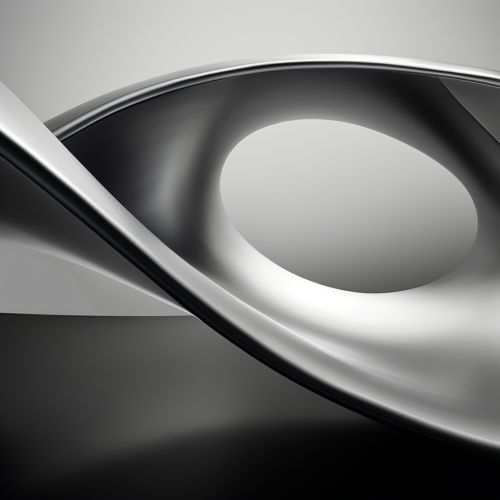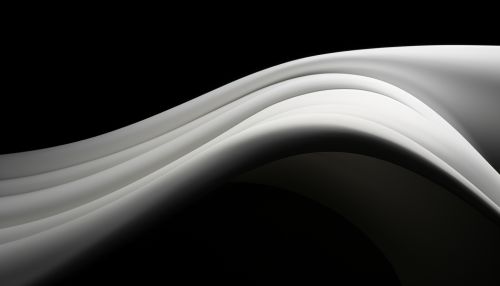Differential Geometry
Introduction
Differential geometry is a branch of mathematics that uses the techniques of differential calculus, integral calculus, and linear algebra to study problems in geometry. It is primarily concerned with the properties of manifolds, which are geometric structures that are locally similar to Euclidean space.


History
The field of differential geometry has its roots in the works of Gauss, who is often referred to as the "father of differential geometry". His seminal work, Theorema Egregium, established the intrinsic curvature of a surface as a fundamental geometric property. This concept was later generalized by Riemann, who introduced the idea of a Riemannian manifold and defined the Riemannian curvature tensor.
Basic Concepts
Differential geometry is built on a few fundamental concepts, including manifolds, tangent spaces, differential forms, and metric tensors.
Manifolds
A manifold is a topological space that is locally similar to Euclidean space. In other words, each point of a manifold has a neighborhood that is homeomorphic to an open subset of Euclidean space. Manifolds can be classified by their dimension, which is the number of independent parameters needed to specify a point in the manifold.
Tangent Spaces
At each point of a manifold, there is an associated vector space called the tangent space. The vectors in the tangent space represent the possible directions in which one can "move" from the point. The collection of all tangent spaces at all points of a manifold forms a new geometric structure called the tangent bundle.
Differential Forms
Differential forms are a type of mathematical object used in differential geometry to define integrals over manifolds. They generalize the concept of a function's differential and can be integrated over paths, surfaces, and higher-dimensional objects.
Metric Tensors
A metric tensor is a type of function defined on a manifold that gives a way to measure distances and angles. It generalizes the concept of the dot product in Euclidean space to arbitrary manifolds.
Applications
Differential geometry has found wide-ranging applications in diverse fields such as physics, engineering, and computer science.
In physics, differential geometry plays a crucial role in the formulation of general relativity, where the curvature of a four-dimensional manifold is related to the distribution of matter and energy.
In engineering, differential geometry is used in the design of aircraft and automobiles, where the curvature of surfaces can affect aerodynamics and fuel efficiency.
In computer science, differential geometry is used in computer graphics for the modeling and animation of 3D objects, and in machine learning for the analysis of high-dimensional data.
